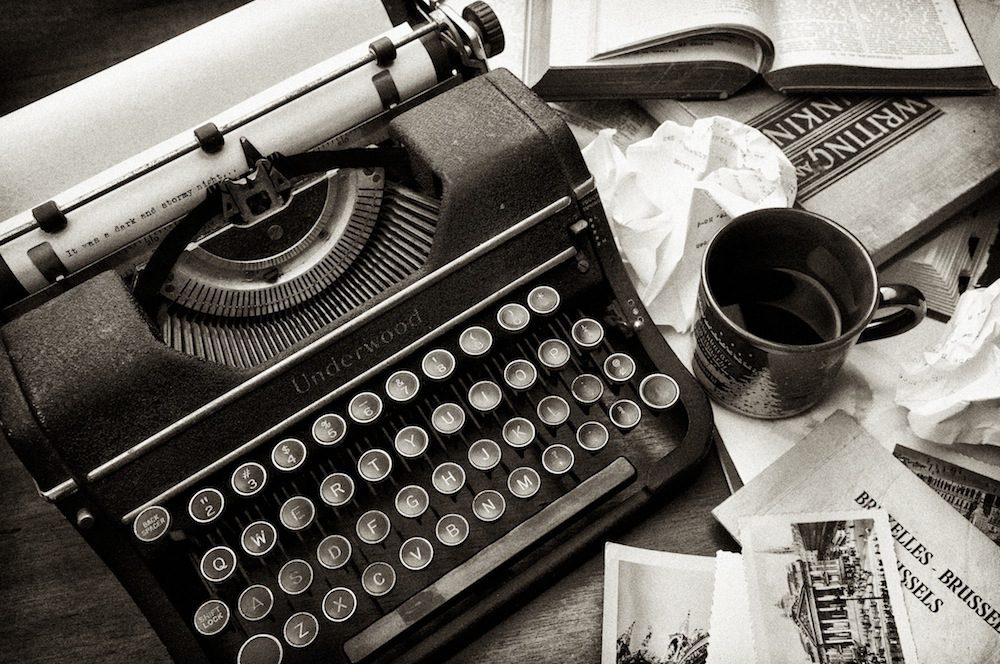In one of the great newsrooms of the print-era Fleet Street, which brought forth a crusading newspaper each Sunday, the editor’s indecision was final.
There is no objective science to journalism, especially in an era when readers can engage more readily and more critically with everything that we do. This can only be a positive. We encourage that engagement. It makes us work harder and better.
In 2017 we brought news back to the front page of Woroni, whence it had been absent for some time. Those front pages record a story of the changing face at the ANU in 2017 – from the loss of old Bruce Hall (pictured) to student politics, activism and causes important to us as students.
If a newspaper – a product which goes off faster than a dead fish left on a hot dashboard in the sun – can remain relevant even 30 minutes from the moment it is ‘put to bed’ and sent to press, it must say something more than just what has happened.
We’ve tried to bring you the reason behind decisions, to probe the motives of events on campus. We’ve tried to be curious and to explain how this campus interacts with itself, the country and beyond.
When I took on the role of news editor, I declared as journalists we ought to direct our frustrations with society into something productive: journalism which held people accountable and demonstrated the capacity for improvement.
‘We get angry at society because we know it could be better. We demand answers from those in charge because we believe there is always capable leadership. We seek to ex- plain the society which we shape and which shapes us by asking: Why do we live like this?’ I wrote.
Flip through some of the old issues of Woroni this year. Ask yourself again, Why do we live like this? And then, if you feel it’s needed, take action and engage. That’s what good journalism should prompt.
If you’ve picked up this paper for the first time this year and were more intrigued, more engaged and more interested in the world around you – even if that only happened once – we achieved something worthwhile.
The editor’s indecision will always be final just as the editor will not always be right. But keep giving journalism a chance.
We acknowledge the Ngunnawal and Ngambri people, who are the Traditional Custodians of the land on which Woroni, Woroni Radio and Woroni TV are created, edited, published, printed and distributed. We pay our respects to Elders past and present. We acknowledge that the name Woroni was taken from the Wadi Wadi Nation without permission, and we are striving to do better for future reconciliation.
